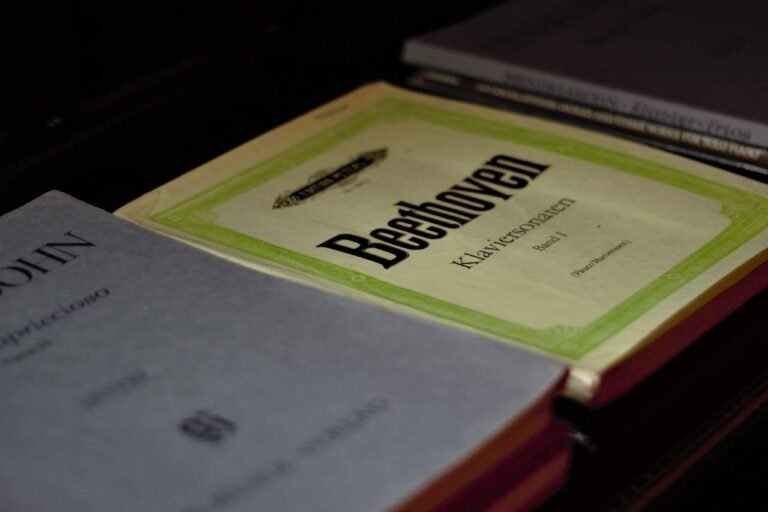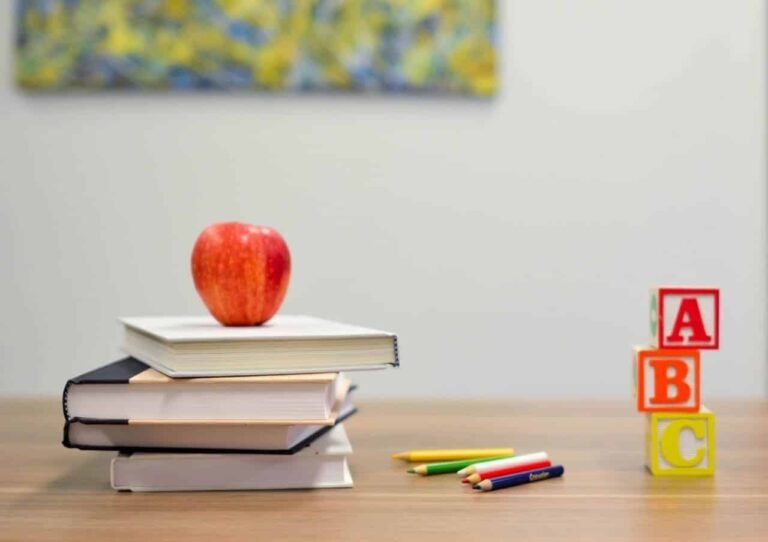7 golden rules to better learning
Learning can be a fascinating and rewarding experience, enabling us to acquire new or improved skills. It can also be frustrating as in our attempt to master new skills or improve our understanding, we encounter blocks in our learning, without knowing quite how best to progress.
Unfortunately, these blocks can often be perceived to mean that we are never going to gain that competence, or that we don’t have the ‘natural’ talent to progress. However, if that mindset is developed, it may stop us from excelling at something that we may prove to be really good at, or worse still, it may prevent us from ever learning anything well and developing our true potential.
Instead of treating a learning block as a dead end, it may be worth thinking about some or all of the following, as they may help us in finding a new route out of that educational cul-de-sac.
1. Have a real willingness to learn that new skill
A real willingness to learn helps us to open our eyes and ears and to watch, listen and understand. However, if we are disinterested, then our eyes and ears are likely to tire quickly, which just hinders the learning process. A willingness to learn also means a willingness to dedicate yourself to the learning process, by being patient with yourself in the process and ensuring that you take the correct baby steps before trying to walk or run.
2. Develop your attention span
Most of us are curious to learn and improve, but without watching and listening attentively, we can place obstacles in the way of the learning process. Our attention spans are constantly challenged by technology and the like, but where our attention drifts, so does our ability to accurately take in what has been taught/demonstrated. That’s hugely important, because if we don’t absorb the information we are being taught fully in the first place, the chances of using that information correctly to improve our ability in any chosen field are likely to diminish, resulting in frustration in our progress. If you find that your attention is waning, try switching off your phone, computer or other distraction, so that you can really devote your full attention to learning.
3. Find a teacher who is empathetic to the fact that making mistakes is part of the learning process
A good teacher expects mistakes to be made and has empathy with a student when they are made, because they have gone through the same mistakes to master their art. They also ensure that continuously mastering the basics remains at the forefront of proper development.
It’s hugely important that as part of the learning process, a teacher allows a student to make mistakes but doesn’t dwell on what went wrong, but concentrates on how to improve. Whilst it is important to appreciate the nature of the mistake, dwelling on it does not assist with progressing the learning process and it is far more important to focus on acquiring and developing the correct habit, as with time, the mistakes should disappear of their own accord by gradually acquiring the correct habit. If you feel self-conscious about making mistakes, it is worth understanding why that is, so that you can learn to develop in a more free and natural way without feeling self-conscious or guilty about making a mistake.
4. Develop an awareness of what your teacher is getting at
Much of what we learn is done by listening and watching. However, that process is subject to the quality of our own sensory awareness and often what we think we have seen or heard when replicated by us, doesn’t quite achieve the desired end result. Take studying a musical instrument for example. Generic words such as ‘take a good breath’ may be used to encourage less tension and more support in the playing, to improve the sound that we make. However, without first having an understanding of how to ‘take a good breath’ without unnecessary tension (and a correct understanding of the physical aspects of that), you may not be able to correctly identify what a teacher is really getting at. It’s more likely that you will just try to breathe in the way that comes naturally to you (even though that way of breathing may in itself not be the most relaxed or efficient way of breathing, nor the manner in which the teacher actually demonstrates). By questioning any assumption that what we are doing is correct, we stand more chance of getting to the heart of what is being taught and developing a better and more informed way of learning.
5. Take responsibility to practice what has been taught
Being taught something is only the start of the learning curve. It is then our responsibility to take that learning and build on it through understanding it and practicing what has been taught in a structured and methodical manner.
It is very easy to think that by going to a lesson or training session, you have absorbed everything that you need to know. The only way of finding out whether you have learnt something is to put it into practice, which means slowing down, getting the basics right and building on them correctly. As with lessons, its very easy for the attention to wander when practising something and to unwittingly start taking short cuts in our practice. However, that could become our downfall, as mistakes and bad habits are more likely to creep in by rushing through things. Practice is a great opportunity to really check your understanding, so that anything that doesn’t feel quite right or which is confusing, can then be worked on with a teacher.
6. Learning should be enjoyable – learn at your own pace
We can only develop sustainably at our own natural pace and that a one size fits all approach to teaching does not necessarily cater for different development speeds. Unfortunately, much of what is learnt today is governed by an exam syllabus and as teachers become under pressure to cram more learning into less time, a teacher may not have the time to really address all of a student’s development needs and may have to skip over reinforcing the basics in a quest to fit in the whole syllabus. Wherever possible, we should try and develop at our own natural pace, allowing ourselves time to really conquer any blocks in our learning, so that we become better at the learning process. That in turn should allow the learning process to be less stressful and more enjoyable, which is what learning should be!
7. You will never know it all
No matter what you think, there is never a limit to what you can learn. By thinking that you know everything on a subject, you shut the door to greater potential and to further learning. By developing the mindset that you can always be better and improve, you will strive to continue to develop both your knowledge and yourself and moreover, the possibility of boredom, burnout and becoming disenchanted with work will be greatly reduced.
Whilst these are only a few of the factors that affect the way in which we learn, they are nonetheless important and may help you to get back on track when you are finding the learning process hard going.








